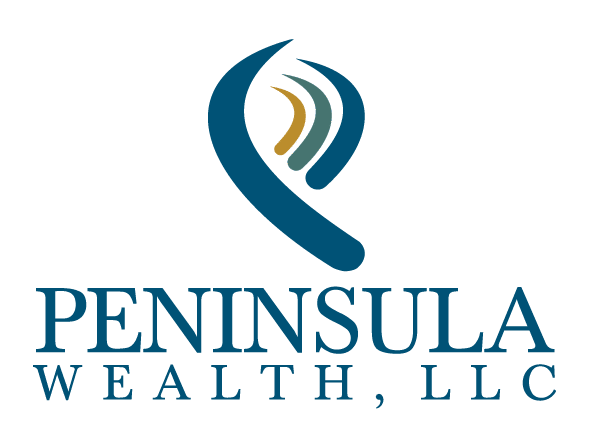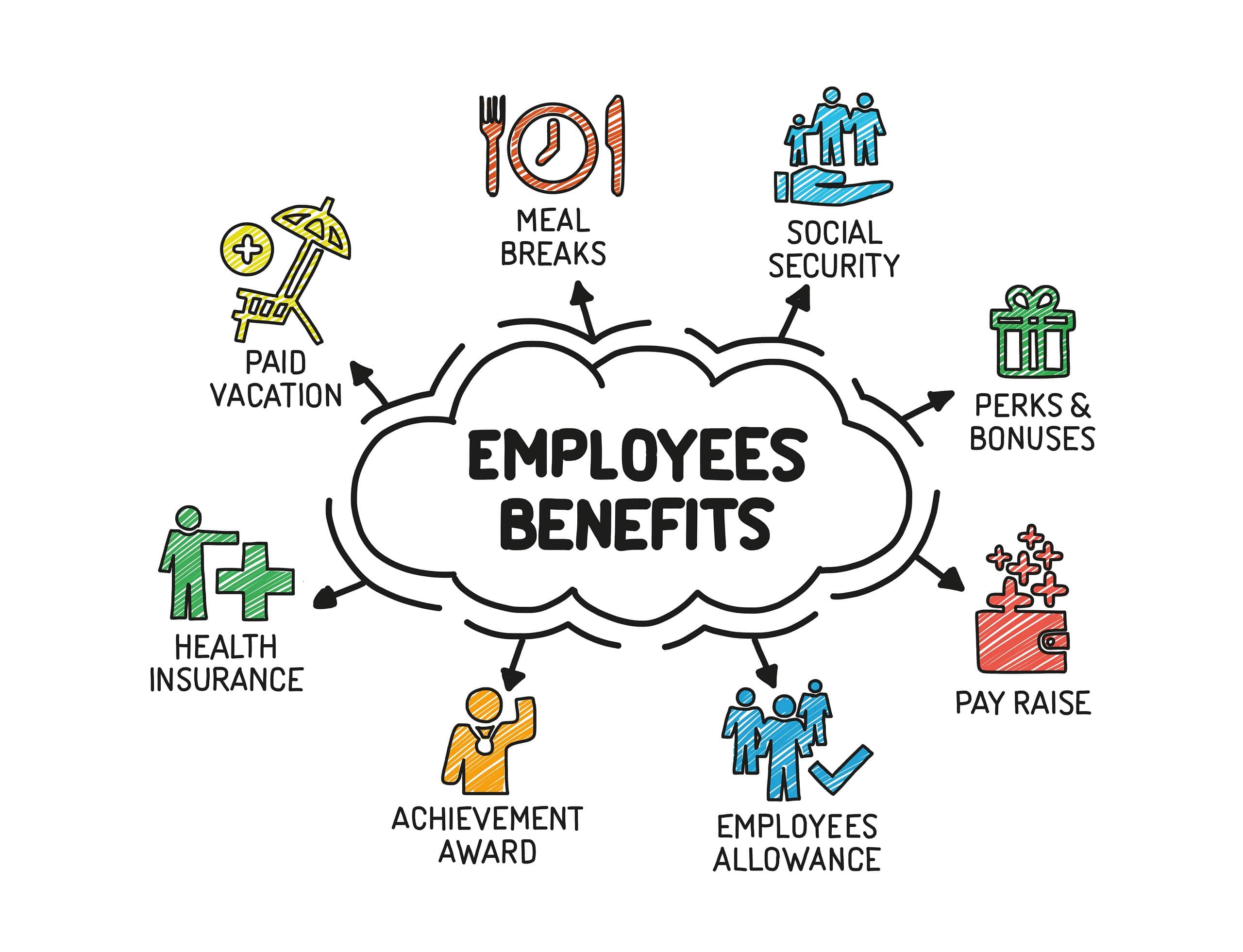Every dollar counts in this highly-inflationary economy. When it comes to managing personal finances, employee benefits are often overlooked as a potential source of savings. Many choose to simply re-elect last year’s workplace benefits without giving them a second thought, or new employees might get overwhelmed by complicated packages. According to a survey from Businessolver, nearly one-third of employees report feeling confused about their workplace benefits.
Whatever the case may be, taking full advantage of your employee benefits can help you cut down on your out-of-pocket expenses. Think of them as part of your compensation; you wouldn’t leave a portion of your salary on the table, would you? Let’s take a look at a few of the common benefits offered by employers and how you can leverage them to save money.
Insurance Coverage
Making use of employer-provided insurance plans is essential for two reasons. First, they can reduce the amount you have to pay on potentially costly things like doctor’s appointments and medication. Second, they help ensure that you and your family’s needs are met should anything happen to you unexpectedly that renders you unable to earn a wage. Here are the categories of employee insurance you should consider taking advantage of in your benefits package:
Health
Employers generally offer a variety of health, dental, and vision insurance plans. Understanding the differences between these plans is critical to determining which ones are right for you. You’ll often have a choice between various tiers of coverage—bronze, silver, gold, and so on. Be sure to consider both your current and future healthcare needs when making your decision.
Typically, you’ll encounter two types of health insurance plans:
- Health Maintenance Organization (HMO): HMOs are generally more affordable, but they cover less and have more restrictions.
- Preferred Provider Organization (PPO): PPOs provide greater coverage and flexibility but at a higher cost and deductible.
Dental
Most employer-provided dental insurance plans will, at a minimum, cover all the costs associated with preventative care. This includes two or three annual cleanings as well as basic procedures like cavity fillings. However, you may have to upgrade to one of the higher tiers in order to get coverage for major work like oral surgery. Taking advantage of your dental plan will keep you in good oral health and reduce the likelihood of larger, more costly issues down the road.
Vision
If you wear glasses or have vision problems, you’ll definitely want to consider your employer’s vision plan. These insurance policies connect you to a network of providers, and they generally cover the costs of annual exams, lenses, frames, and contact lenses.
Short- and Long-term Disability
While you hopefully won’t need to use it as frequently as other insurance plans, short- and long-term disability policies can help provide income replacement in the event that you become unable to work. This might be because of an injury, an illness, a major surgery, or the birth of a child. Your short- and long-term plans may differ, so it’s important to review the policy documents and understand what your plan covers.
Life Insurance
Similar to disability insurance, life insurance serves as a safety net for your family. Life insurance helps ensure that your family and other dependents are taken care of should you lose your life within the term of the policy. While this may not seem relevant to younger workers who are healthy and haven’t started a family, it’s still an important option to consider when looking at your employee benefits.
Stock and Equity Options
Employee stock options give you the right to purchase company stock at a set price within a predetermined period. While there are restrictions around when you can sell your shares, holding them has the potential to produce favorable returns if your company grows in value. Take note of the exercise date and vesting period of the options so that you can deploy them to the greatest effect.
Retirement Plans
Everyone deserves to retire at some point in their lives, but to do so comfortably requires a bit of planning and a lot of saving. Employee retirement plans, like 401(k)s, are designed to help you do just that. Think about starting to contribute to your employer-sponsored retirement plan as soon as possible so that the money has more time to accrue interest over time. If your employer offers to match a portion of your contributions, consider adding enough at each period to maximize these contributions.
Childcare
If you’re a parent, you may want to look into any childcare benefits your employer offers. These can include daycare during your working hours, or a Dependent Care Account (DCA). A DCA allows parents of young children and caregivers of adult dependents to set aside pre-tax money for eligible care expenses that get reimbursed at the end of the year.
Memberships and Subscriptions
Some employers offer their workers free memberships and subscriptions as an added perk. Examples of these types of perks include gym memberships and free parking to tuition and internet reimbursements—or even streaming services. While it might not seem like much, taking advantage of these benefits can help you cut down on your monthly bills.
Employee Discounts
More common among retailers, employee discounts can help you save money on the products and services your employer sells. Sometimes, a workplace might also offer discounts for other stores owned by the parent company or small things like meals. By using your employee discount whenever possible, you can maximize your savings over time.
Educational Assistance
As student debt soars to a record $1.7 trillion, a growing number of students and graduates are looking for ways to reduce their loan payments. While not the most frequently offered benefit, some organizations are able to help workers pay off or forgive their student loans. In addition to sometimes paying for you to go back to school, employers often provide free training, courses, or other resources for learning industry-specific tools or information as part of a professional development program.
If you’re looking for more ways to make the most of your employee benefits to maximize your savings, reach out to a financial advisor today. They can help you go through your employee benefits package to help determine what the right options are for you.
References:
- (2022) 2022 Benefits Insights Report. Businessolver, https://resources.businessolver.com/2022-mcre/businessolver-2022-b
- Friedman, Z. (May 16, 2022) Student Loan Debt Statistics in 2022: A Record $1.7 Trillion. Forbes, https://www.forbes.com/sites/zackfriedman/2022/05/16/student-loan-debt-statistics-in-2022-a-record-17-trillion/?sh=10e53d174d5a
Disclosures:
This material is intended for informational/educational purposes only and should not be construed as tax, legal or investment advice, a solicitation, or a recommendation to buy or sell any security or investment product. Investments are subject to risk, including the loss of principal. Some investments are not suitable for all investors, and there is no guarantee that any investing goal will be met. Certain sections of this material may contain forward-looking statements. Forward-looking statements are not guarantees of future performance and involve certain risks and uncertainties, which are difficult to predict. Past performance is no guarantee of future results. Third-party links are provided to you as a courtesy. We make no representation as to the completeness or accuracy of information provided at these websites. Information on such sites, including third-party links contained within, should not be construed as an endorsement or adoption of any kind. Please consult with your financial professional and/or a legal or tax professional regarding your specific situation and before making any investing decisions.

